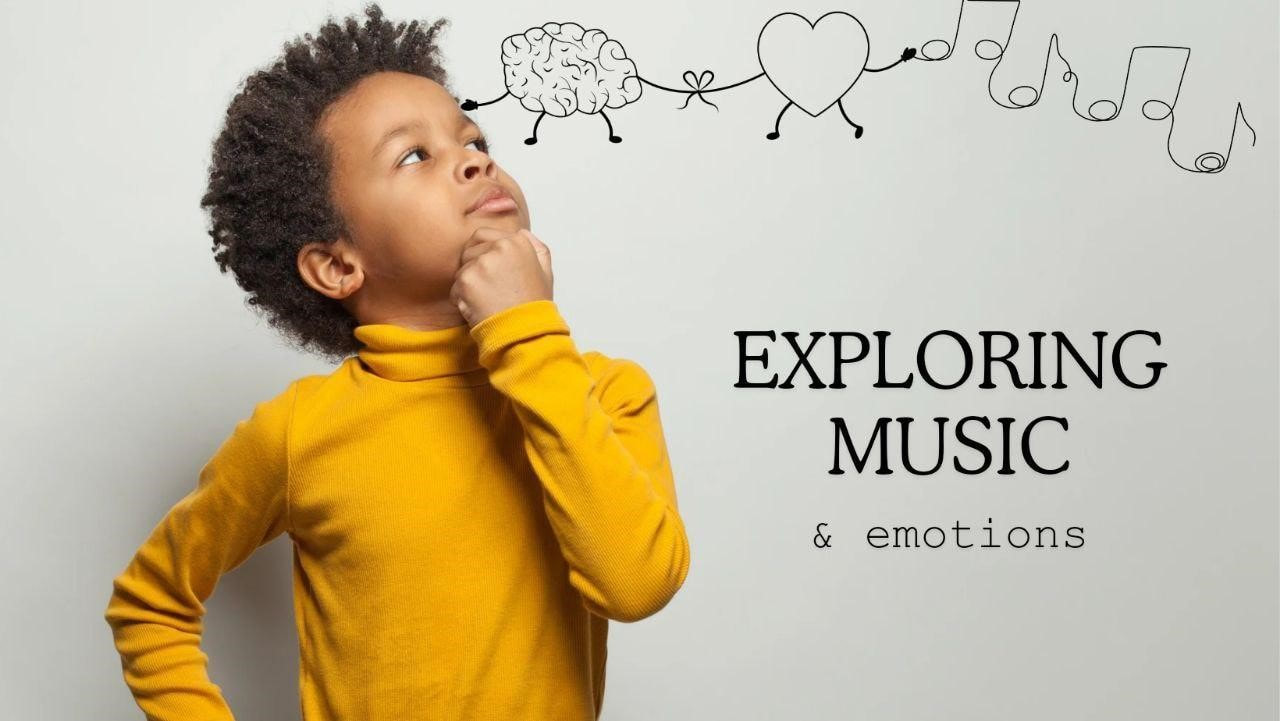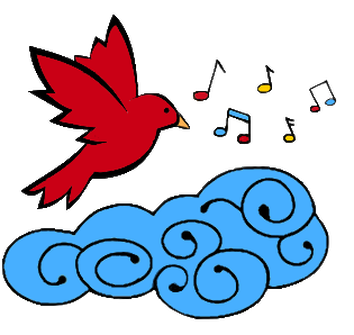|
Emotions are like threads that run through the tapestry of human existence, and music serves as the universal language that seamlessly connects them. From the sound of a melancholic melody of a violin to the electrifying rhythms we experience at a rock concert, music has a unique ability to stir our emotions and transport us to different realms of feeling. This blog will explore the connection between music and emotions and its impact on self-expression and healing. Let’s start with some aspects that Juslin and Västfjäll point out in their book “The Emotional Power of Music."
Eliciting Human Emotion Through Music Music is a tool that can elicit human emotions. Music has a remarkable capacity to evoke a broad spectrum of feelings in its listeners. It directly channels our innermost emotions, transcending language and cultural boundaries. Different musical elements shape our emotional responses, such as tempo, melody, harmony, and rhythm. For example, an upbeat rhythm can inspire joy and excitement, while a slow, minor mode melody can evoke introspection and sadness. This emotional responsiveness to music demonstrates its universal power to tap into emotions. In other words, music can help evoke different emotions that can evoke different feelings that can be regulated.
Musicians and composers channel their deepest feelings into their work, thus creating a profound connection with their audience. This emotional narrative resonates deeply with our experiences. For example, the raw and emotional intensity of blues music, whether conveyed through heartfelt lyrics or soulful guitar solos, captures the essence of human suffering and resilience, enabling listeners to empathize and connect with these experiences emotionally. Depending on your mood, music helps create deep emotional connections that encourage empathy among listeners. Daniel Levitin’s book “This Is Your Brain on Music,” provides additional insights into the emotional power of music that relates to memory and music. Memory and Music One of the most compelling aspects of music is its ability to trigger memories and emotions from our past. Levitin's work highlights music's profound impact on memory and nostalgia, showcasing how specific songs can transport us to moments of joy, heartbreak, and everything in between. The connection between music and memory underscores music's deep emotional imprint on our lives. Music allows us to relive certain emotions associated with a special moment from our memory. Music Therapy: The Healing Power of Music According to Levitin, music therapy is a recognized form of treatment that utilizes the emotional power of music to promote healing and well-being. Music therapy has proven effective in addressing a wide range of emotional and psychological challenges. The emotional resonance of music in therapy sessions is evident when used to alleviate stress, anxiety, and trauma. Whether listening to soothing melodies or actively participating in creating music, music therapists gain insights into the emotional states of their patients and help them develop coping mechanisms. Music therapy becomes a conduit for emotional healing, allowing individuals to navigate their dynamic landscapes and healthily find solace. Music is a universal language of emotions, transcending boundaries and connecting us to our innermost feelings. Whether evoking, expressing, or regulating emotions, It connects, reflects, reminds, heals, and can save lives. If you want to learn more about music, we offer at the Music & Language Learning Center, schedule a free consultation with us today!
0 Comments
Leave a Reply. |
AuthorWrite something about yourself. No need to be fancy, just an overview. Archives
June 2024
Categories
All
|
Music & Language Learning Center |
Music Classes |
Language Classes |
MUSIC AND LANGUAGE LEARNING CENTER 2024



 RSS Feed
RSS Feed

